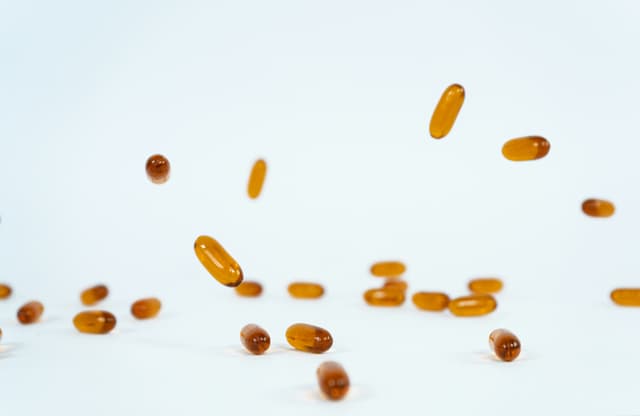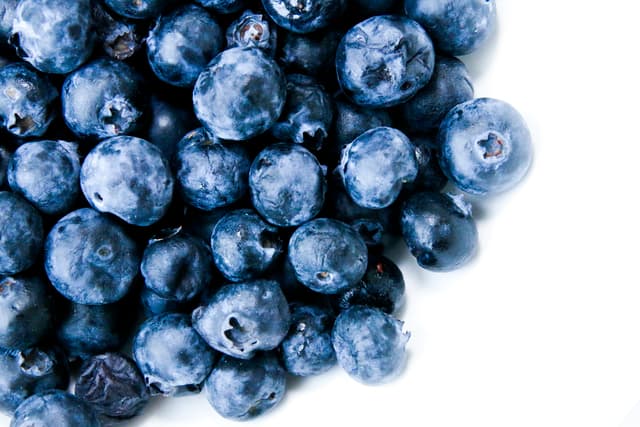Water is one of the most fundamental elements of life, yet it’s often taken for granted. We consume it daily, but do we truly understand its vital role in maintaining our overall health? Whether it's improving energy, aiding digestion, or supporting brain function, staying properly hydrated is crucial to our well-being. Unfortunately, many of us are chronically dehydrated without even realizing it, which can have a significant impact on our physical and mental performance.
In this article, we’ll explore the science behind hydration, the many benefits of drinking water, how much water you really need, and tips to stay hydrated throughout the day.
The Science of Hydration: Why Water is Essential
Water makes up about 60% of the human body, and every cell, tissue, and organ depends on it to function properly. Water helps transport nutrients, regulate body temperature, remove waste products, and cushion joints. It’s a vital component in almost every bodily process, from digestion to circulation.
But why is hydration so crucial?
1. Water Supports Digestion and Nutrient Absorption
Water plays a crucial role in breaking down food and absorbing nutrients. It helps dissolve vitamins, minerals, and other nutrients, allowing them to be absorbed into the bloodstream. Without enough water, digestion slows down, leading to issues like constipation and bloating.
Additionally, water aids in the proper movement of food through the digestive tract, ensuring that the body can efficiently process and absorb nutrients.
2. Water Regulates Body Temperature
Our bodies use water to regulate temperature. Through perspiration and breathing, water helps maintain a stable internal temperature. This is particularly important during physical activity or in hot environments, where the body loses more water through sweat.
Without adequate hydration, our body’s ability to regulate temperature becomes compromised, leading to overheating, fatigue, or heat exhaustion.
3. Water Aids in Detoxification
Water is key in the body’s detoxification process. The kidneys rely on water to flush out waste products and toxins from the body through urine. Adequate hydration helps ensure that these waste products are efficiently removed, preventing them from accumulating in the body.
When you're dehydrated, your kidneys have a harder time filtering toxins, which can lead to kidney stones or other complications over time.
4. Water Promotes Healthy Skin
Staying hydrated is essential for maintaining healthy skin. Water helps maintain skin elasticity and moisture, reducing the appearance of wrinkles and dryness. When you're dehydrated, your skin can become dry, dull, and more prone to irritation.
Proper hydration also supports the skin’s ability to repair itself and maintain its protective barrier against harmful environmental factors.
5. Water Improves Cognitive Function
Dehydration can have a significant impact on cognitive performance. Studies have shown that even mild dehydration can impair concentration, memory, and mood. When the brain doesn't receive enough water, its ability to process information and function efficiently is compromised.
Drinking water can help improve focus, enhance memory retention, and boost overall mental clarity. Staying hydrated is especially important for students, professionals, and anyone engaged in mentally demanding tasks.
How Much Water Do You Really Need?
The amount of water you need can vary depending on factors such as age, sex, activity level, climate, and overall health. However, a common recommendation is to drink eight 8-ounce glasses of water a day, which is about 2 liters or half a gallon. This is known as the "8x8 rule."
But is the 8x8 rule enough?
While the 8x8 rule is a good starting point, individual hydration needs can vary. Some people may need more, especially if they exercise regularly, live in hot climates, or are pregnant or breastfeeding. The National Academies of Sciences, Engineering, and Medicine suggests the following general guidelines for daily water intake:
Men: About 3.7 liters (125 ounces) of total water intake from all beverages and foods
Women: About 2.7 liters (91 ounces) of total water intake from all beverages and foods
It's important to note that water doesn’t only come from drinking liquids. Foods like fruits and vegetables, which are high in water content, contribute to your daily hydration. For example, cucumbers, watermelon, and oranges are over 90% water.
The Role of Electrolytes in Hydration
While water is essential for hydration, electrolytes like sodium, potassium, and magnesium also play a crucial role. These minerals help regulate fluid balance in the body and ensure that water is properly absorbed and utilized.
During intense physical activity or heat exposure, we lose electrolytes through sweat, which can impair hydration and cause dehydration. To replenish electrolytes, consider drinking beverages like coconut water or sports drinks (in moderation) or eating foods rich in electrolytes, such as bananas, avocados, and leafy greens.
Signs You May Be Dehydrated
It’s not always easy to tell when you’re dehydrated, especially in the early stages. Mild dehydration can go unnoticed, but as dehydration becomes more severe, symptoms become more apparent. Here are some common signs of dehydration to watch out for:
Thirst: The most obvious sign that your body needs water.
Dry mouth or skin: Dehydration can cause a dry, sticky feeling in the mouth and dry, flaky skin.
Fatigue or lethargy: Dehydration can make you feel tired and sluggish, as your body struggles to function properly.
Headaches: Dehydration can lead to headaches or migraines due to the lack of fluid in the brain and the surrounding tissues.
Dark yellow urine: Dark or concentrated urine is a sign that your body is conserving water and needs more hydration.
Dizziness or confusion: Severe dehydration can cause confusion, dizziness, and difficulty concentrating.
If you experience any of these symptoms, it’s important to drink water immediately and replenish your fluids.
Tips for Staying Hydrated Throughout the Day
Now that we understand the importance of hydration, how can you ensure that you're drinking enough water each day? Here are some tips to help you stay on top of your hydration:
1. Carry a Water Bottle
Keep a reusable water bottle with you at all times. This will make it easier to drink water throughout the day, whether you're at work, at the gym, or running errands. Having a water bottle in sight serves as a reminder to stay hydrated.
2. Set Hydration Reminders
Use your phone or an app to set regular reminders to drink water. This can help ensure that you’re drinking enough water, especially if you tend to forget throughout the day.
3. Infuse Your Water
If you find plain water boring, try infusing it with natural flavors like cucumber, lemon, mint, or berries. This adds a refreshing twist and can encourage you to drink more.
4. Drink Water Before Meals
Drinking a glass of water before meals can help with digestion and help you feel full, preventing overeating. It’s also a good way to ensure you're getting enough water throughout the day.
5. Eat Hydrating Foods
Incorporate more hydrating foods into your diet, such as watermelon, cucumbers, oranges, and strawberries. These foods are high in water content and can contribute to your overall hydration.
The Bottom Line: Hydration is Key to Optimal Health
Water is essential for almost every function in the body, from digestion to brain function. Proper hydration is crucial for maintaining energy, supporting your immune system, and keeping your skin healthy. By staying mindful of your water intake and recognizing the signs of dehydration, you can ensure that you’re giving your body the hydration it needs to thrive.
Drink up, stay hydrated, and experience the many benefits that water can bring to your overall health.
Loading...



